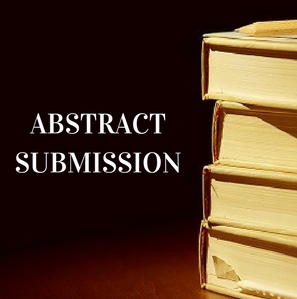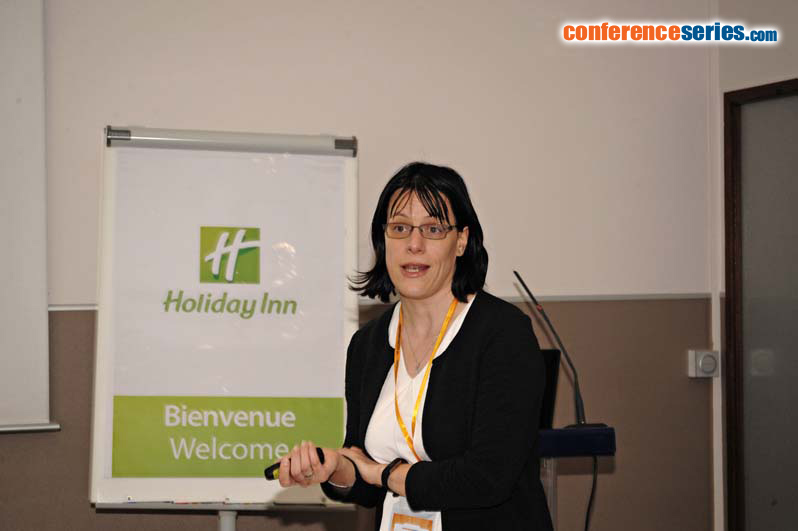
Laeticia Petit
Tampere University of Technology, Finland
Title: Novel phosphate glass-ceramics and particles-containing phosphate glasses
Biography
Biography: Laeticia Petit
Abstract
The fabrication of new rare-earth (RE) doped glasses has attracted lots of research interests, the improvement in the performances of the glasses remaining the prime objective of the studies. Silica glass, as a host material, has proven to be very attractive because of its wide wavelength range with good optical transparency and high mechanical strength, just to cite few attractive properties. However, RE tends to cluster in silica glasses. Phosphate glasses are good host materials due to their ability to incorporate high amount of RE. Because the local environment around the RE is of paramount importance for determining the optical properties, there is a constant interest in investigating new RE doped glasses with improved spectroscopic properties. A route of interest to improve the spectroscopic properties consists of controlling the RE optical response independently of the core glass composition. Different techniques have been developed: One technique consists of synthesizing RE doped nanoparticles directly in situ in the glass. In another technique, RE doped nanoparticles, formed by solution chemistry, are added in the glass batch prior to or after the melting using the direct doping method. In this presentation, we will review our latest development of glass-ceramics. First, we report the preparation and characterization of new Er3+ doped glasses. We discuss the impact of the glass composition and of the effect of nucleation and growth on the luminescence properties of the newly developed glasses. Then, we will explain the direct doping method and its challenges which are related to the particles corrosion. We explain how to process particles containing glasses which possess the spectroscopic properties of the particles.
Speaker Presentations
Speaker PPTs Click Here


